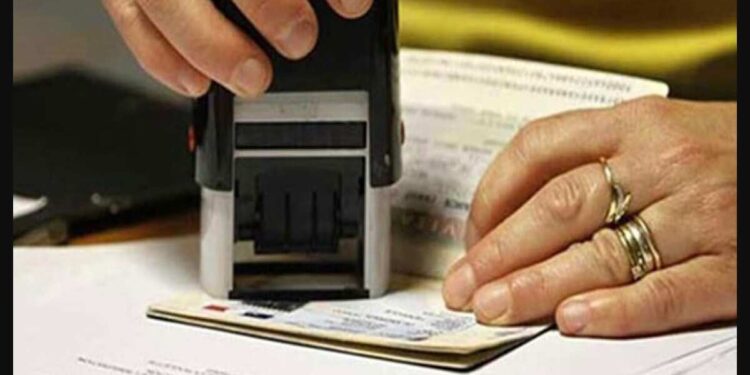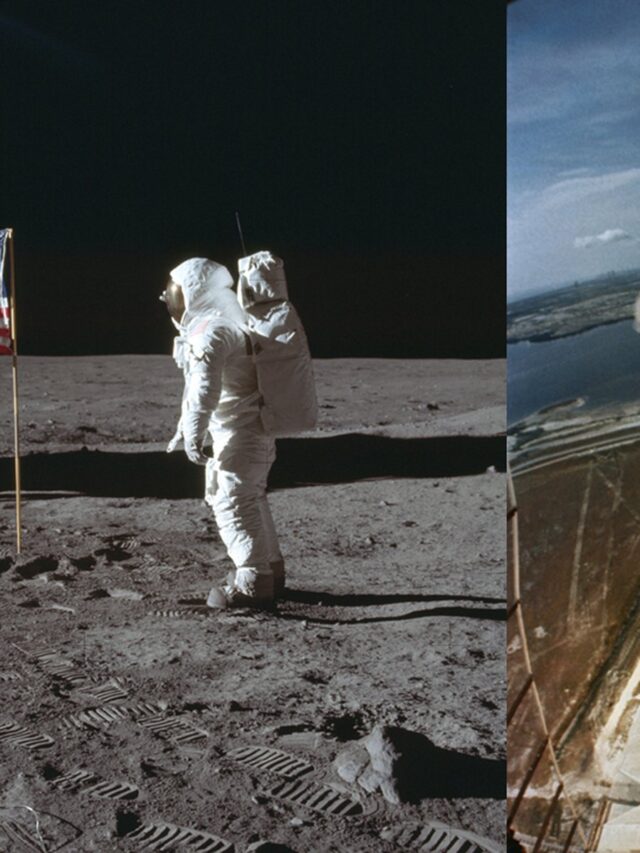The H-1B visa program is a non-immigrant visa that allows U.S. employers to hire foreign workers in specialized fields, such as science, engineering, and technology. The visa is valid for three years and can be extended for an additional three years. H-1B visa holders can bring their spouses and children to the U.S. on an H-4 visa. However, until 2015, H-4 visa holders were not allowed to work in the U.S. That changed when the rajkotupdates.news : America Granted Work Permits for Indian Spouses of H-1 B Visa Holders. In this article, we will discuss the significance of this policy change and how it has impacted Indian families in the U.S.
Background:
Prior to 2015, H-4 visa holders were not allowed to work in the U.S. This was a significant issue for many Indian families who came to the U.S. on H-1B visas. The H-1B visa program is popular among Indian professionals who are seeking employment opportunities in the U.S. However, the inability of their spouses to work created a financial burden for many families. Some Indian spouses of H-1B visa holders were highly qualified and experienced professionals themselves but were unable to work due to visa restrictions. This policy created a sense of frustration and disappointment among Indian families.
Policy Change:
In 2015, the U.S. government announced a policy change that allowed spouses of H-1B visa holders to work in the U.S. This policy change was specifically targeted towards spouses of H-1B visa holders who were waiting for their green cards. The policy change was introduced by the Obama administration as a means of promoting gender equality and reducing financial burdens on families. The policy change was welcomed by many Indian families who were struggling with the financial burden of living on a single income.
Impact on Indian Families:
The policy change allowing work permits for Indian spouses of H-1B visa holders has had a significant impact on Indian families in the U.S. The policy change has allowed many Indian spouses to pursue their career goals and aspirations. This has not only provided financial stability for many families but has also contributed to the growth of the U.S. economy. Many Indian spouses of H-1B visa holders have started their own businesses or taken up employment in their specialized fields. This has helped them gain valuable work experience and contribute to their respective industries.
Challenges Faced:
While the policy change rajkotupdates.news : America Granted Work Permits for Indian Spouses of H-1 B Visa Holders has been beneficial for many Indian families, it has also presented its own set of challenges. Many Indian spouses have had to navigate the U.S. job market and learn about U.S. work culture. Additionally, many Indian spouses have had to overcome language barriers and cultural differences. Some Indian spouses have also faced discrimination and bias in the workplace. These challenges have not deterred Indian spouses from pursuing their career goals, but have instead made them more determined to succeed.
Future of the Policy:
The policy allowing work permits for Indian spouses of H-1B visa holders has been in effect for over six years now. However, the policy is not without its detractors. Some critics argue that the policy takes away job opportunities from U.S. citizens and permanent residents. Others argue that the policy is discriminatory towards other immigrant groups who are not eligible for work permits. Despite these criticisms, the policy has remained in effect and has been welcomed by many Indian families in the U.S.
Conclusion:
The policy change allowing work permits for Indian spouses of H-1B visa holders has had a significant impact on Indian families in the U.S. The policy change that is rajkotupdates.news : America Granted Work Permits for Indian Spouses of H-1 B Visa Holders has allowed many Indian spouses to pursue their career goals and aspirations, contributing to the U.S. economy. While the policy is not without its challenges, it has been welcomed by many Indian families who were struggling















